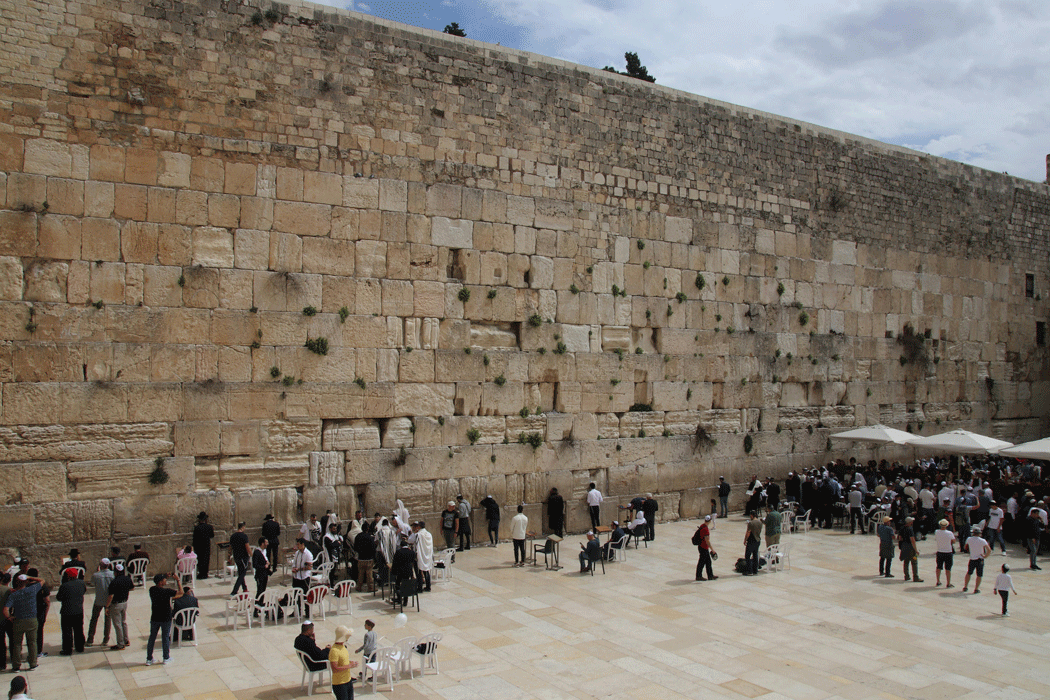The Western Wall, or Kotel, located in the heart of Jerusalem’s Old City, is a sacred site of immense significance in Jewish tradition. Known as the last remnant of the Second Temple, it has stood as a testament to resilience and faith for centuries. Beyond its historical and spiritual importance, the Western Wall is revered as a place where prayers ascend directly to the heavens, and countless visitors have shared stories of extraordinary miracles occurring after praying there.
For generations, people from all over the world have approached the Wall with heartfelt petitions—seeking healing, blessings, guidance, or relief from challenges. These prayers, often written on small slips of paper and placed into the cracks of the Wall, are said to carry profound power. Many return to share testimonies of their prayers being answered in unexpected and life-changing ways.
Stories abound of people receiving miraculous healing after asking for divine intervention. Others tell of financial breakthroughs, reconciliation with estranged loved ones, or finding clarity in moments of deep uncertainty. Even those who arrive simply seeking peace often leave feeling a profound sense of spiritual renewal and connection.
What makes the Western Wall so unique is its profound ability to unite people of all faiths. While it holds special significance for Jews, its sacred energy draws Christians, Muslims, and people from every corner of the world. It is a place where barriers seem to dissolve, leaving room only for the raw human spirit reaching out to the divine.
The Western Wall is not just a monument of stone; it is a living symbol of hope, faith, and the miracles that can happen when sincere prayers are offered. For those who believe, it serves as a reminder that no matter the challenges, there is always a place where one can seek guidance, healing, and the possibility of divine intervention.



